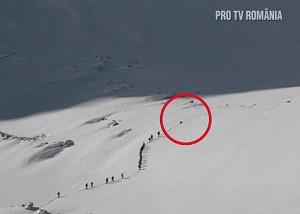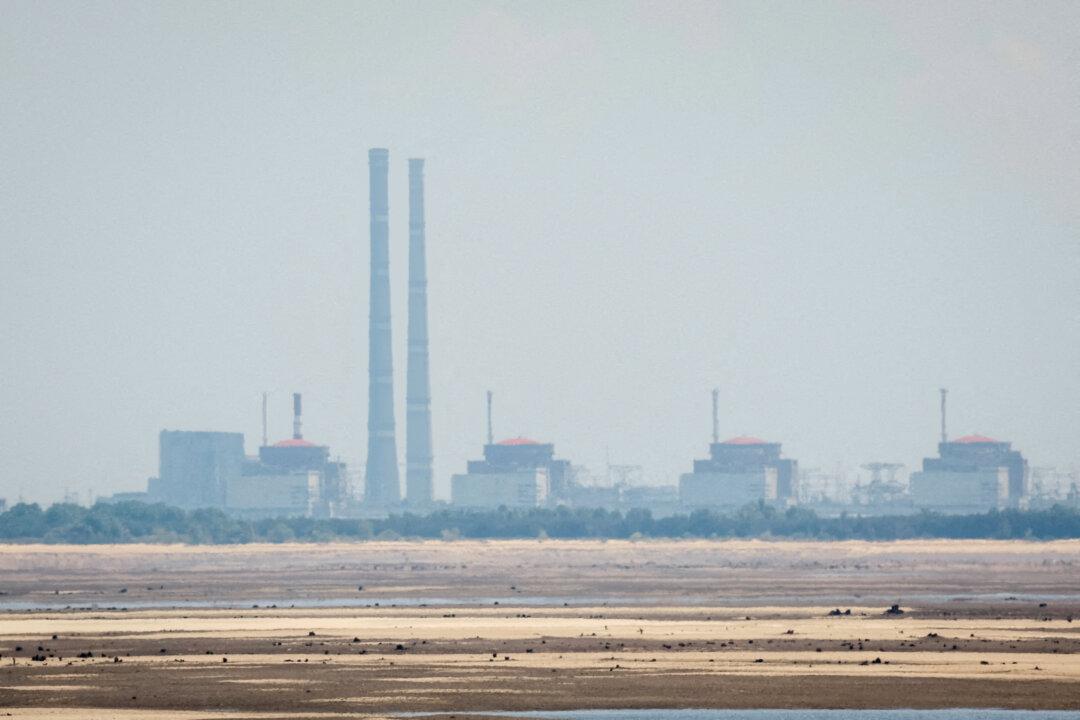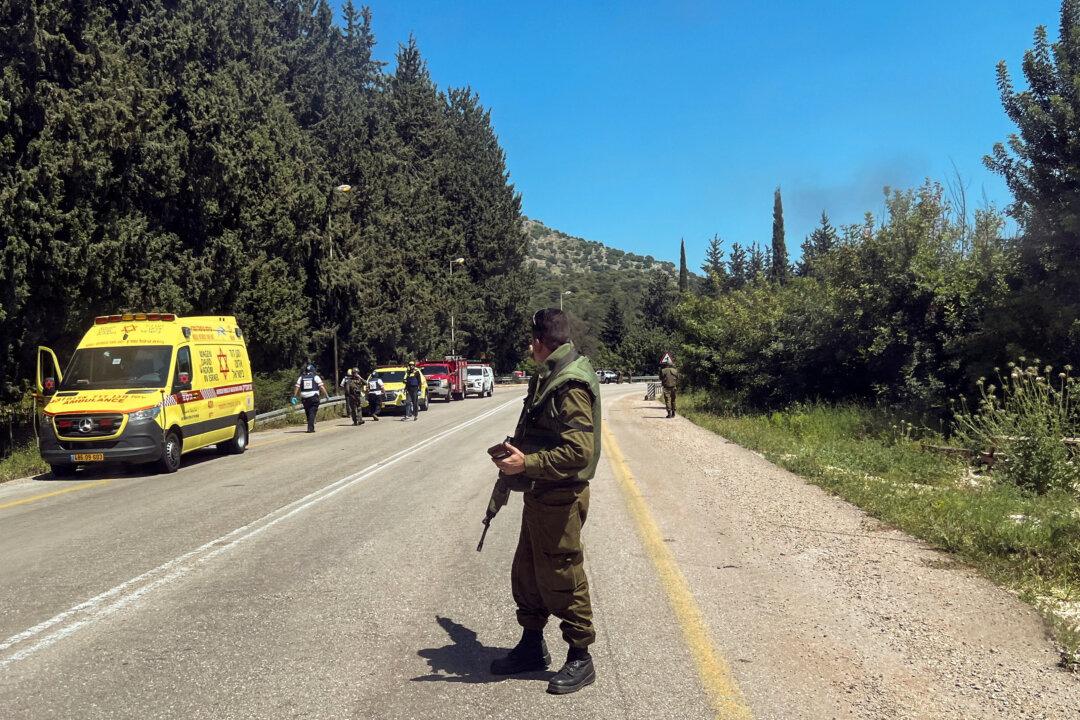BEIJING—Chinese police tortured a group of Tibetans with cattle prods after they were detained while trying to flee to Nepal, a rights group said.
The incident on September 30 sparked international concern after Chinese border guards apparently shot dead two of the fleeing party.
Police took at least 25 Tibetans into custody, including children as young as eight, the International Campaign for Tibet said in an emailed statement seen by Reuters on Wednesday.
Some children who were not collected by their parents were held for up to three months and only released upon payment of a fine, while the older members of the group had to take part in construction work, it said.
There was no immediate comment from Chinese government officials in the Tibetan capital Lhasa.
The rights group cited one of the Tibetans in the party, now in exile, as saying they were taken by police to a detention centre in Dingri, near the Nepal border.
“The young Tibetan said that the older teenagers and adults in the group were beaten with rubber batons and electric-shock prods,” it said.
“Self-Defence”
Refugee groups have said that a 17-year-old nun and a man in his twenties were killed in the Sept. 30 shooting, which was captured on video by a group of European mountaineers in the area, at a height of 5,700 metres (18,700 feet).
China has said the border guards warned the group and then fired in self-defence when members of the group attacked them. The video shows no such confrontation.
Forty-one members of the group who escaped the shooting reached India after their 17-day trek from Lhasa, to the Nepalese capital, Kathmandu.
Activists say around 2,500 Tibetans flee China every year for India, mainly to seek the blessings of the Dalai Lama—Tibet’s spiritual leader who fled into exile in 1959 after a failed uprising against Chinese rule—and pursue education.
Tibet has been ruled by China since Communist troops occupied the region in 1950 and Tibetans accuse Beijing of dealing harshly with those among them who press for greater political and religious freedom.






Friends Read Free